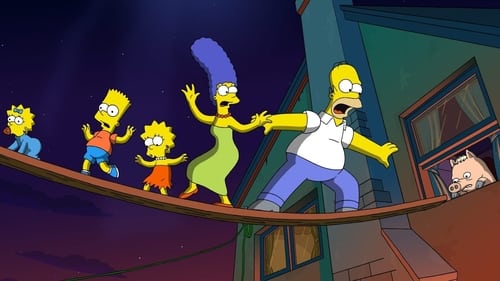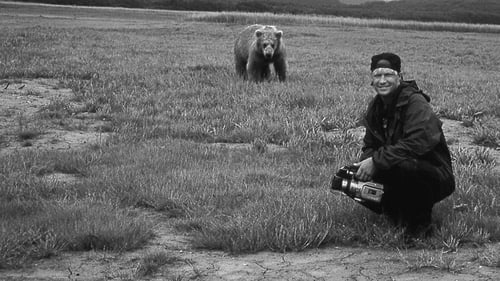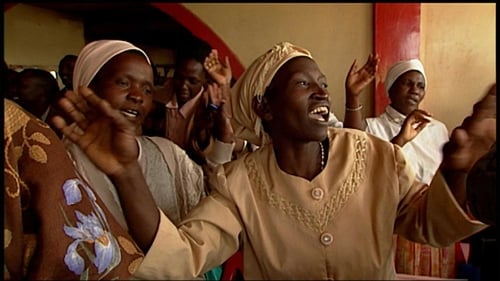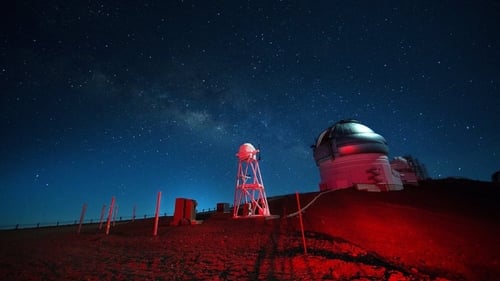Miguelete: Heads and Tails of a Stream (1952)
Genre : Documentary
Runtime : 12M
Director : Omar Parada
Synopsis
Considered one of the first documentary about contaminated water in Uruguay.

Jacq Vaucan, an insurance agent of ROC robotics corporation, routinely investigates the case of manipulating a robot. What he discovers will have profound consequences for the future of humanity.

Scientist Mark Plotkin races against time to save the ancient healing knowledge of Indian tribes from extinction.

What strange forces saved one isolated section along the Upper Mississippi River from the repeated crushing and scouring effects of glaciers during the last two million years? And what pre-Ice Age throwbacks survived here in this unique geologic refuge that holds more Native American effigy mounds, petroglyph caves, strange geological features, and rare species than anywhere in the Midwest? These questions and more are answered in this captivating new documentary. A team of scientists embarks on a journey of exploration to expose both the science and threats behind three unique features of the zone - rare plants and animals, odd geological phenomenon, and striking remnants of a Native American pilgrimage like no other.

Burning Down Tomorrow is a 1990 American short documentary film about the global rainforest crisis. It was produced and directed by Kit Thomas. It was nominated for an Academy Award for Best Documentary Short.

After Homer accidentally pollutes the town's water supply, Springfield is encased in a gigantic dome by the EPA and the Simpsons are declared fugitives.

Werner Herzog's documentary film about the "Grizzly Man" Timothy Treadwell and what the thirteen summers in a National Park in Alaska were like in one man's attempt to protect the grizzly bears. The film is full of unique images and a look into the spirit of a man who sacrificed himself for nature.

A farmer's herd sickens and dies, then his family and neighbors fall ill, so he bucks the state agricultural establishment as he pursues the politically-explosive investigation of how his farm, family, and friends came to be poisoned.

This documentary tells details how the practice wreaks havoc on the environment and on consumers' health. Through disturbing footage and interviews with experts, director Don McCorkell paints a disturbing portrait of a food system that uses hormones, antibiotics and arsenic to increase its output with little regard for the damage it causes.

Plant loving Hilda, has created a museum where she preserves endangered and rare plants from all over the world. Meanwhile Attilem, a new genetically modified cereal, is launched on the market. Growing with little water and fertilizer while generating high crop field Attilem looks like an ideal solution to eradicate starvation and provide an alternative to diminishing oil reserves. But nothing is at it seems...

From PBS - The fascinating story of beavers in North America - their history, their near extinction, and their current comeback, as a growing number of scientists, conservationists and grass-roots environmentalists have come to regard beavers as overlooked tools when it comes to reversing the disastrous effects of global warming and world-wide water shortages. Once valued for their fur or hunted as pests, these industrious rodents are seen in a new light through the eyes of this novel assembly of beaver enthusiasts and "employers" who reveal the ways in which the presence of beavers can transform and revive landscapes. Using their skills as natural builders and brilliant hydro-engineers, beavers are being recruited to accomplish everything from re-establishing water sources in bone-dry deserts to supporting whole communities of wildlife drawn to the revitalizing aquatic ecosystems their ponds provide.

This documentary provides a window into the extraordinary life of activist and Nobel Laureate Wangari Maathai, a Kenyan woman who has worked to regain ownership of her country and its fate after years of colonialism. While gentle and thoughtful, Maathai carries a powerful message: the First World holds much of the responsibility for the environmental, economic and social struggles of the developing world.

Fifteen years after giving up his studies as a botanist, the filmmaker decides to visit his old professor — Julio Betancur — and returns to the tropical forests of Colombia with Julio and his new disciple, the young Cristian Castro. This reunion launches a voyage that immerses us in doubts over science and the way we see the world, as Julio and Cristian look for their beloved plants in remote forests. Through their work, the film shows us the importance of legacies, and the strength of that ancient bond between master and disciple. Their search also prompts a personal reflection on modern man’s obsession with controlling and mapping nature. In the diverse and nearly infinite world of the tropics, what is the point of counting plants forever?

Death threats, court battles, and an iconic endangered species in middle, The Trouble With Wolves takes an up close look at the most heated and controversial wildlife conservation debate of our time. The film aims to find out whether coexistence is really possible by hearing from the people directly involved.

The history of humanity and of our planet in four minutes. An eco-friendly statement developed in a single shot that has it all: humor, action and tragedy.

An epic documentary film that sends nine scientists to extraordinary parts of the world to uncover unexpected answers to some of humanity’s biggest questions. How did life begin? What is time? What is consciousness? How much do we really know? By introducing researchers from diverse backgrounds for the first time, then dropping them into new, immersive field work they previously hadn’t tackled, the film pushes the boundaries of how science storytelling is approached. What emerges is a deeply human trip to the foundations of discovery and a powerful reminder that the unanswered questions are the most crucial ones to pose. Directed by Emmy-nominated and Peabody Award-winning filmmaker Ian Cheney and advised by world-renowned filmmaker Werner Herzog, The Most Unknown is an ambitious look at a side of science never before shown on screen.

Industrialization brings progress, but also harmful influences on the environment. Warning of the dangers of waste materials dumped into the air and the waters.

Titou will soon be forty. He lives high up in a sheep shed in the Corbières mountains. With Soledad, who lives in a nearby caravan, they make their own wine, compose their music, live their love in step with the seasons – much as you might cultivate resistance.















